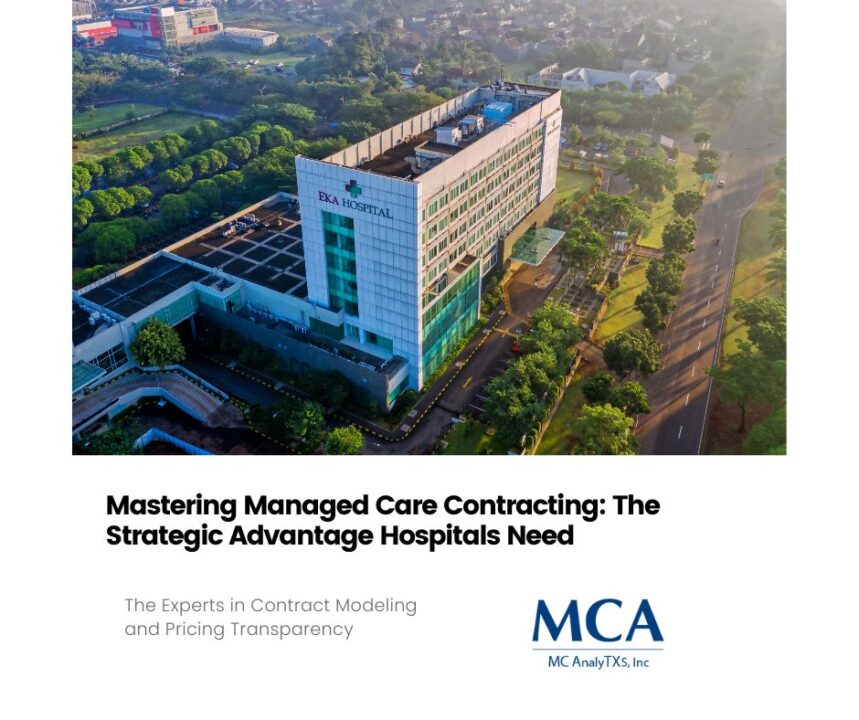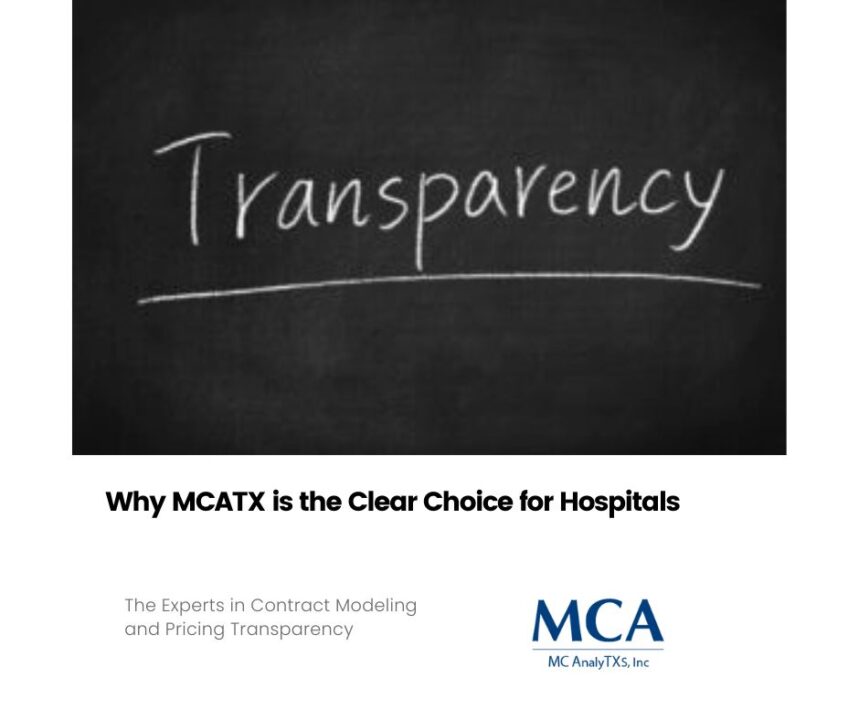

Hospitals Are Outsourcing RCM in 2024 Like Never Before
Revenue Cycle Management (RCM) is the backbone of any healthcare institution. It encompasses the financial processes used to manage administrative and clinical functions associated with claims processing, payment, and revenue generation. For hospitals, effective RCM is essential for maintaining financial stability and ensuring that they can continue to provide high-quality patient care.
However, 2024 is bringing unprecedented challenges to the RCM landscape. Hospitals are increasingly finding it difficult to handle these complexities in-house. An emerging trend among healthcare institutions is to outsource their RCM efforts. But why is this shift happening, and what does it mean for the future of healthcare? Let’s explore these questions and more.
The Shifting Landscape of RCM in 2024
Regulatory Changes
The healthcare industry is no stranger to regulatory changes, but 2024 has seen an influx of new regulations that are making in-house RCM increasingly cumbersome. Hospitals are required to stay compliant with a myriad of federal and state laws, which can be both time-consuming and costly. Additionally, failure to comply can result in hefty fines and penalties.
Technological Advances
Technological advancements in healthcare are a double-edged sword. While they offer improved efficiencies, they also require constant updates and integrations. Managing electronic health records (EHRs), telehealth platforms, and data security measures are just the tip of the iceberg. Keeping up with these technologies demands significant resources and specialized knowledge—something many hospitals find challenging to maintain internally.
Workforce Challenges
The shortage of skilled RCM professionals is another hurdle. Recruiting, training, and retaining qualified staff is a continuous struggle. Given the specialized nature of RCM, even a small gap in expertise can lead to significant financial losses. This workforce gap is prompting many hospitals to look for alternative solutions to manage their revenue cycles effectively.
Benefits of Outsourcing RCM for Hospitals
Cost Savings
One of the most compelling reasons for hospitals to outsource their RCM is the potential for cost savings. Outsourcing eliminates the need for costly in-house infrastructure and reduces payroll expenses. RCM service providers typically operate on a subscription or commission basis, providing a more predictable and often lower-cost solution.
Access to Specialized Expertise
RCM outsourcing firms specialize in revenue cycle management, bringing a wealth of knowledge and experience that is hard to match in-house. They stay up-to-date with the latest regulatory changes, technological advancements, and best practices, ensuring that hospitals benefit from cutting-edge solutions.
Improved Efficiency and Accuracy
Outsourcing RCM leads to improved efficiency and accuracy in billing and collections. These firms use advanced software and analytics to streamline processes, reduce errors, and optimize revenue. This results in faster claim processing times and higher collection rates, directly impacting the hospital’s bottom line.
Key Considerations in Choosing an RCM Partner
Reputation and Experience
When selecting an RCM partner, it’s crucial to choose a firm with a solid reputation and extensive experience in the healthcare industry. Look for providers with positive client testimonials and a proven track record of success.
Technology and Integration
Ensure that the RCM provider uses advanced technology that can seamlessly integrate with your existing systems.
Customization and Flexibility
Every hospital has unique needs and challenges. Choose an RCM partner that offers customizable solutions tailored to your specific requirements. Flexibility in contract terms and services is also important to accommodate changing needs over time.
Compliance and Security
Given the sensitive nature of patient data, compliance and security should be top priorities. Ensure that the RCM provider adheres to all relevant regulations, including HIPAA, and employs robust data security measures.
The Future of RCM Outsourcing
Increased Adoption
The trend of outsourcing RCM is expected to grow as more hospitals recognize the benefits. The continued complexity of healthcare regulations and the need for advanced technology will drive this adoption.
Enhanced Technologies
The future of RCM outsourcing will likely see the integration of more advanced technologies, such as artificial intelligence and machine learning. These technologies can further streamline processes, reduce errors, and provide deeper insights into revenue cycle performance.
Greater Focus on Patient Experience
As the healthcare industry becomes increasingly patient-centric, RCM outsourcing firms will place greater emphasis on improving the patient experience. This includes transparent billing processes, easy-to-understand statements, and responsive customer service.
Conclusion
Effective RCM is critical for the financial health of hospitals, but managing it in-house has become increasingly challenging in 2024. Outsourcing RCM offers numerous benefits, including cost savings, access to specialized expertise, and improved efficiency. Real-world examples demonstrate the positive impact outsourcing can have on hospital operations and finances.
For hospital administrators, revenue cycle managers, and healthcare CFOs, the shift towards RCM outsourcing is worth serious consideration. The future of healthcare is complex, but with the right RCM partner, hospitals can focus on what they do best—providing exceptional patient care.
Consider evaluating your current RCM processes and explore the potential benefits of outsourcing. The right decision could transform your hospital’s financial health and enhance the overall patient experience.





